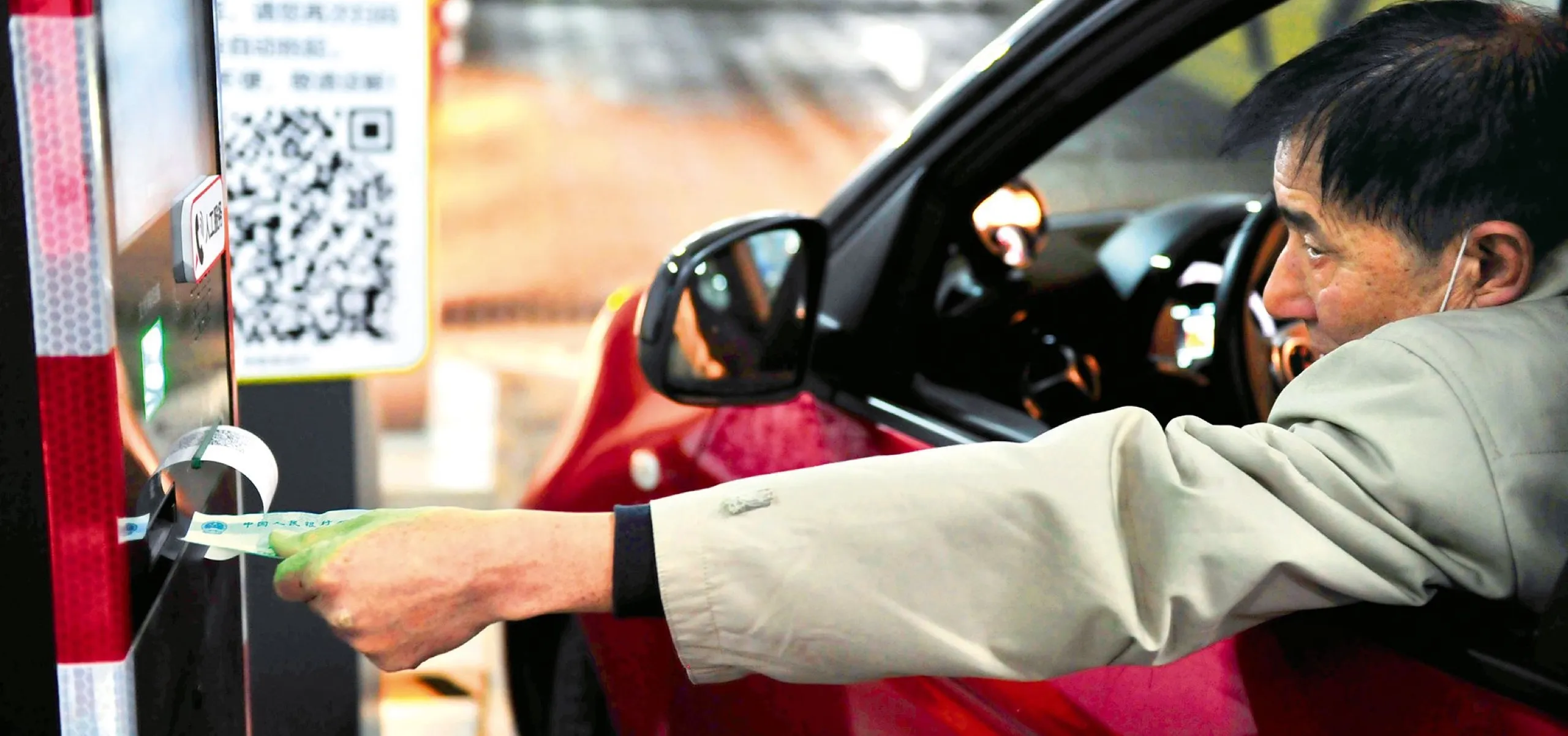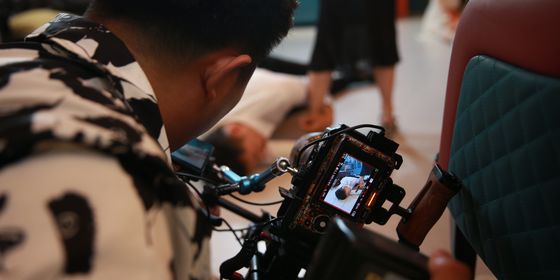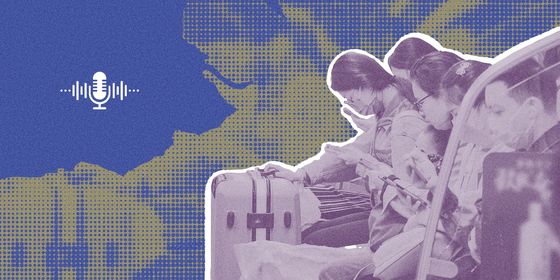Living smartphone-less in China in the digital age
Zheng Si doesn’t call himself a “hermit” from data, “or I would not have seen your friend request,” he says, when he greets TWOC on WeChat, before moving the conversation to Telegram, a platform with a reputation for stronger data protection.
However, Zheng, an architect in training in Europe who wants to use a pseudonym to maintain his digital anonymity, tries to reduce his reliance on the digitized world. In 2017, while many of his peers were enjoying the increasingly telepathic product recommendations of e-commerce platforms like JD and Taobao, Zheng deleted both.
That year, he graduated from a liberal arts college and returned to his native Beijing to teach at a secondary school. He was shocked by how differently his students interacted with technology, compared with his own generation. In one class, Zheng assigned groups of students a task to summarize an article, only to see the teens and preteens take out their own laptops, messaging each other online in silence. “They were sitting right next to each other,” he says. “But only on the computer did they feel comfortable talking to each other.”
This incident made Zheng reflect on how the digitized world can assimilate into the real world. “Technology itself is neither good nor bad,” Zheng reflects. “If you use it well, it works for you and won’t swallow you up; but if you abuse it, you become its slave.”
What doesn’t sit well with him is big data’s propensity to “flatten” complex human emotions into abstract data points. “For example, if you read something and you find it amazing, you click on the ‘like’ button. That means your appreciation can be represented by a logical symbol,” he explains.
Zheng believes giving up shopping on JD and Taobao helped him regain agency over human experiences, such as by rediscovering supermarkets and corner shops in his physical community. Once, he had needed foam sheets to make an architecture model, but couldn’t recall where to buy them, because his shopping experience had become so disconnected from physical locations. Finally, he recalled going to a “Golden Five Star Wholesale Market” in Beijing’s Haidian district as a child.
Zheng’s trip to Golden Five Star informed him of a new problem. Since 2016, the almost 20-year-old market, which used to host thousands of shops and stalls selling spare parts and other hard-to-find wholesale items, gradually closed down. The change is often attributed to a city-wide operation eliminating what the government called “low-end” physical markets, but Zheng suspects the competition with online sellers who can operate at a lower cost also contributed to its decline.
Zheng had to reinstall WeChat, which he also deleted in 2017, due to the Covid-19 pandemic. The lack of a health code, a program embedded in WeChat that grants people entry into public buildings, had made his non-digital life even harder. Before the pandemic, he’d asked people to send him text messages via SMS. “I probably lost a lot of opportunities to develop friendships,” he says with a shrug.
For news, Zheng relies on an RSS subscription to a few websites, and between his work projects, hanging out with friends, reading, and thinking, he says he does not have a lot of time left for internet and social media. “Sometimes I do go online to watch movies for 10 hours in a row, then I turn it off,” he says.
Zheng respects the hardcore defenders of data security who allegedly refuse to scan any health codes and sue businesses that don’t accept cash, but he believes a “confrontational approach” might not be the most effective way to bring back more balance to digitization. He likens the progression of big data to “a sinking ship we are all on,” seeing the trend as irreversible. “Just expressing ‘I don’t like it’ won’t stop the sinking.”
As an architect, Zheng’s ambition is to create spaces for offline communities, and provide more lifestyle options in addition to the digital world people are increasingly used to. “Some people are already making this come true,” he says, citing Shanghai’s Big Fish Community Design Center, which designs urban spaces to facilitate participatory offline events and hangout spots like cafes, book bars, and family play areas for local residents.“[These endeavors] might actually help people realize that life offline is much more colorful than online,” he says.
The Digital Hermits Going Analog is a story from our issue, “The Data Age.” To read the entire issue, become a subscriber and receive the full magazine.













